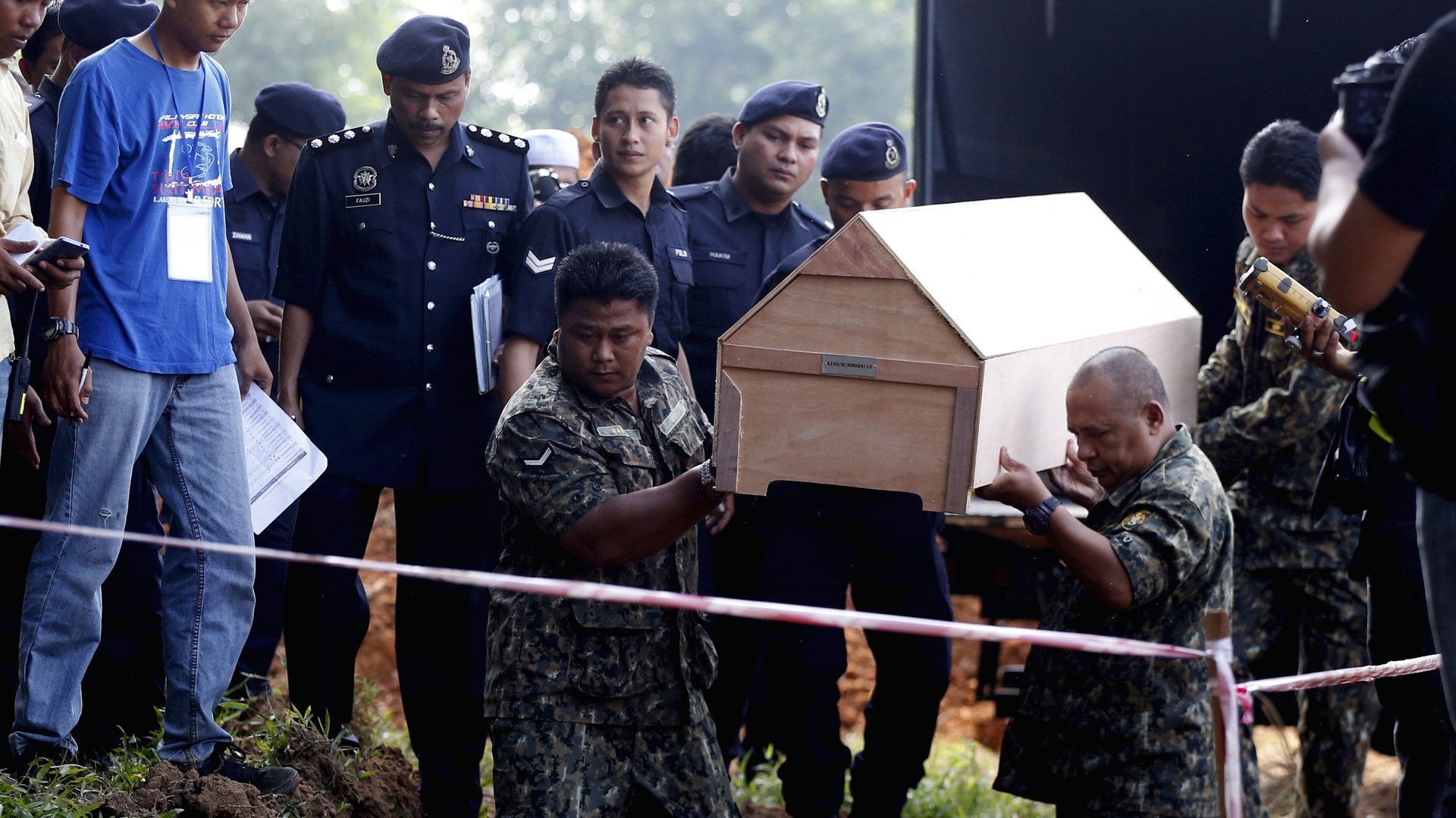Why is the US sugarcoating Malaysia’s awful human rights record?
The United States is upgrading the status of Malaysia in its annual global human-trafficking report, according to Reuters, citing a congressional source. In last year’s Trafficking in Persons (TIP) report, Malaysia had been classified as “Tier-3”, among countries whose governments do not comply with minimum human rights standards, such as the Trafficking Victims Protection Act, and are making no efforts to do so, according to the 2014 Tip Report.


The United States is upgrading the status of Malaysia in its annual global human-trafficking report, according to Reuters, citing a congressional source. In last year’s Trafficking in Persons (TIP) report, Malaysia had been classified as “Tier-3”, among countries whose governments do not comply with minimum human rights standards, such as the Trafficking Victims Protection Act, and are making no efforts to do so, according to the 2014 Tip Report.
On July 9, the US State Department reportedly approved a reclassification of the Southeast Asian nation as part of its less egregious “Tier-2 Watch List.”
John Kirby, a spokesman for the State Department, said that the report is still being finalized and that “it would be premature to speculate on any particular outcome.” Nevertheless, members of the international human-rights advocacy community have voiced concerns over possible motives behind such an upgrade.
In a statement released July 9, Melysa Sperber, director of the Alliance to End Slavery and Trafficking (ATEST), said:
Any decision to upgrade Malaysia in the Trafficking in Persons Report is purely political and incredibly detrimental to combating human trafficking in that country. An upgrade lacks all credibility and fails the basic laugh test.
Thousands of trafficked men, women, and children are in dire jeopardy each day in Malaysia: ignoring their plight in favor of trade relations is a slap in the face by the United States.
Sperber claims US economic interests are overriding humanitarian concerns. Participation in the Trans-Pacific Partnership (TPP), a proposed US-led trade agreement between countries of the Pacific Rim, is contingent on at least a Tier-2 rating for all participating countries. Malaysia’s robust manufacturing sector and relatively cheap labor force make it an attractive candidate country for such a pact. US officials are apparently working hard to make sure it’s included.
“Trade should be used as a lever to fight human trafficking, not as a free pass to countries that make products Americans want,” Sperber contends.
Malaysia has been under intense scrutiny of late, with regards to its human-trafficking record. Police recently uncovered 139 mass graves near the densely-forested border with Thailand, a well-tread route for people-smuggling operations funneling migrants into more developed parts of Southeast Asia. Many of those coming to Malaysia this way are Muslim Rohingya fleeing persecution in majority-Buddhist Myanmar.
The discovery “follows repeated denials by top Malaysian officials—who have long been accused by rights groups of not doing enough to address the illicit trade—that such sites existed on their soil,” The Guardian reported on the discovery.
There are also the problems tied to Malaysia’s labor practices to consider. Monitoring group Verité reported in 2014 (pdf) that 32% of foreign workers in Malaysia’s burgeoning electronics industry—which produces for major companies like Apple, Samsung, and Sony—are engaged in forced labor. Ninety-four percent of foreign workers surveyed reported that their passports were being held by their employer or recruitment broker, and 71% reported it was “impossible or difficult” to get their passports back.
More than half of foreign-worker respondents also reported they could not break contract without incurring an “illegally high fine,” forfeiting total wages, losing their passport, or being surrendered to local immigration authorities.
“Malaysia has forced labor in agriculture, construction, electronics, textiles and domestic service in homes, and was rightly given a Tier 3 ranking last year—a move we and other groups in the trafficking world supported,” says Melysa Sperber.
“Now, in upgrading Malaysia, the State Department will show that it values trade over human rights, its own credibility, and the suffering of trafficked men, women, and children around the world.”